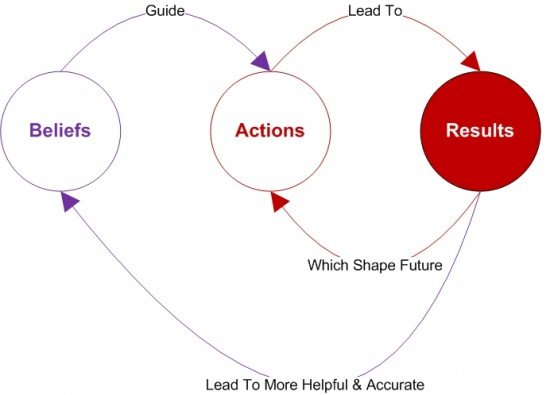The Secret to Success: Objective Feedback Directed Inward


Photo Source: The Effective Leadership Development Community
When trying to figure out what factors lead to success, there are some that we would all agree on: persistence, hard work, determination, and maybe a little luck. One factor that we may not be familiar with is personal feedback. People often look at outside influences to determine why their business is not doing well. It is equally, if not more important to look internally and conduct a thorough self-examination.
A recent New York Times article describes a common theme among highly successful individuals: the use of constructive feedback directed inward. A restaurant owner completely turned his failing business around when he looked inward and reassessed his goals. Tennis champion, Martina Navratilova conducted an analysis of every aspect of her game including how she practiced, what she ate, and her mental strategies in order to become one of the best female tennis players of her time. The band, OK GO, looked inward and capitalized on their strengths by making quirky music videos which went viral rather than depending on their record label to make them popular. By measuring and analyzing their past achievements and setbacks and examining this feedback in great detail, these people were all able to reach success.
These three cases are examples of a cognitive self-assessment approach coined double-loop learning by Professor Emeritus at Harvard Business School, Chris Argyris. Double-loop learning requires the questioning of all aspects of your processes, from your methodology to your beliefs. This is a much harder approach which may require you to question and ultimately redefine your goals. One report from Chris Argyris gave several examples of double-loop learning success stories, including a company that cut their expense budgets by 20% in record time and eliminated the problem of employees and managers hiding information from each other.
In order to use double-loop learning, you have to be willing to be completely honest with yourself. It is easier to be honest with yourself when you look at concrete numbers as a form of feedback to define how you are progressing. If you’re trying to lose weight, it’s hard to argue with a scale. Quantifying your achievements (or shortcomings) makes them easier to conceptualize, and therefore easier to modify as needed.